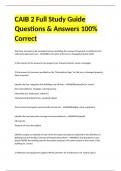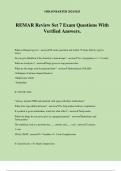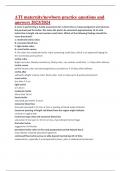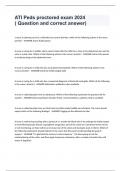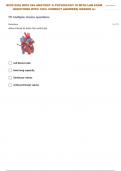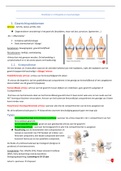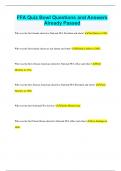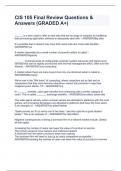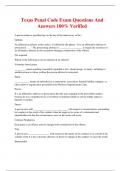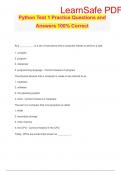Exam (elaborations)
CAIB 2 Full Study Guide Questions & Answers 100% Correct
- Course
- Institution
The three amounts to be considered when calculating the amount of payment as outlined in the Indemnity Agreement are: - ANSWER1) the value of the lost or damaged property (ACV) 2) the interest of the insured in the property (ex. financial interest, home, mortgage) 3) the amount of insurance s...
[Show more]
